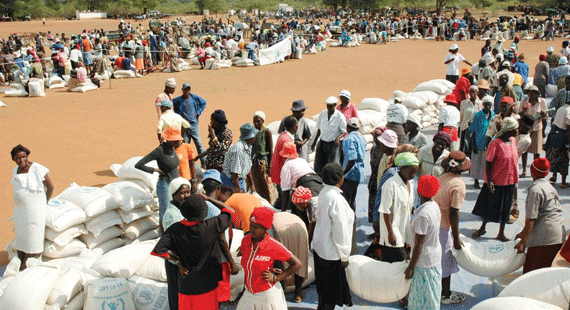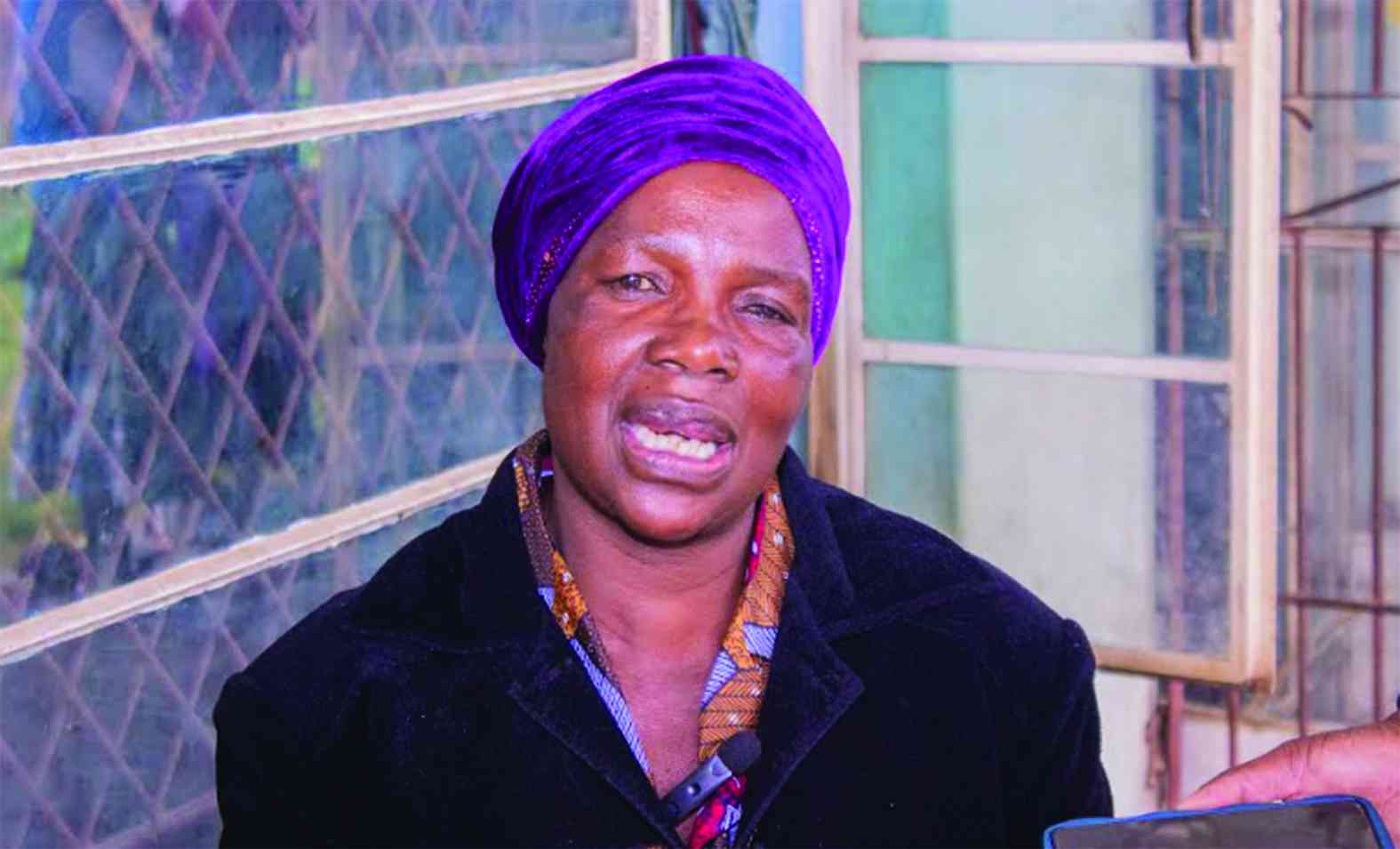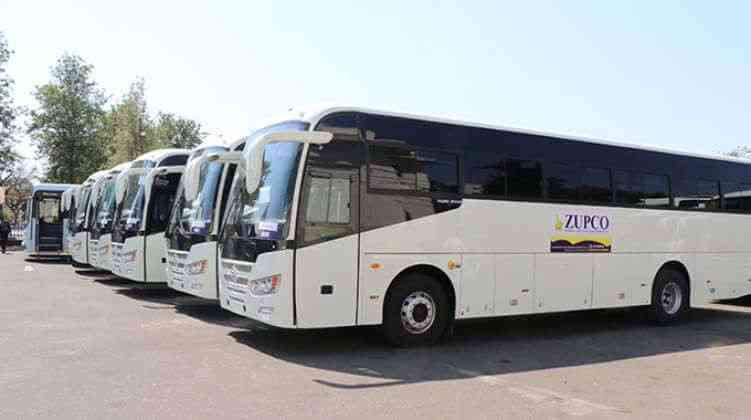
THE government has warned villagers against paying for food delivery saying all expenses will have been paid for, NewsDay has established.
The warning came following complaints by some villagers in rural parts of Zimbabwe who indicated that they were being ordered to pay transport and offloading costs when the government delivers food aid to the communities.
In a notice dated May 7, 2024, addressed to all provincial directors of local government services titled, Grain transportation for food insecure households, signed by a K Ncube on behalf of Local Government and Public Works secretary, the government said food transportation costs were paid for before delivery.
“Please be advised that transportation of grain from the Grain Marketing Board depots to the various food distribution points close to the wards will be paid for by the government and also the cost of bringing food aid to the food insecure household will be met by the government. Accordingly, no beneficiaries should be asked to pay for this service,” the circular read.
The Zimbabwe Vulnerability Assessment Committee (ZimVAC) Rural Livelihoods Assessment recently indicated that 26% of the rural population that translates to 2 715 717 people will be food insecure this year.
“During the peak hunger period (January to March 2024), 26% of the rural population is projected to be food insecure. This translates to 2 715 717 people.
“At least 100 482 metric tonnes of cereal will be required to feed the food insecure population during the peak hunger period,” the report said.
ZimVac also reported that more than 1,5 million people are estimated to be cereal insecure mostly in urban areas with indications that the insecurity levels for urban areas in Zimbabwe were projected to have decreased from 42% reported in 2020 to 29% in 2023.
- Mr President, you missed the opportunity to be the veritable voice of conscience
- ED to commission new-look border post
- Zanu PF ready for congress
- EU slams Zim over delayed reforms
Keep Reading
“About 1 533 661 people are estimated to be cereal insecure in the urban areas. They will need 18 915 metric tonnes of cereal per month. Harare had the highest population of 705 480, which was projected to be cereal insecure,” read the report.
President Emmerson Mnangagwa has since declared the 2023/24 drought a national disaster.
Meanwhile, the United Nations Children’s Fund (Unicef) has launched an appeal to raise US$84,9 million to fund its emergency response aimed at assisting children and women affected by the El Nino crisis in Zimbabwe. This funding will provide life-saving interventions to 1,34 million people, including 866 000 children, amid a complex humanitarian crisis exacerbated by water and food shortages, the UN agency said.
Nicholas Alipui, Unicef representative in Zimbabwe said: “We are particularly concerned about the vulnerability of children in this current emergency. Decreased access to clean water and a poor diet heightens the risk of malnutrition and diarrhoeal diseases among children and impacts on their rights to education and protection with the full impact of these intersecting factors expected to manifest only later. Hence the need for a front-facing preventive strategy to avert excess deaths in the months to come.”
The Unicef appeal is part of the UN-inter-agency appeal recently launched to support the government's response to the emergency caused by El Nino.
The appeal focuses primarily on ensuring — in collaboration with the Government of Zimbabwe and partners — continued access of children and their caregivers to integrated health, water, sanitation and hygiene, nutrition, education and child protection services.











